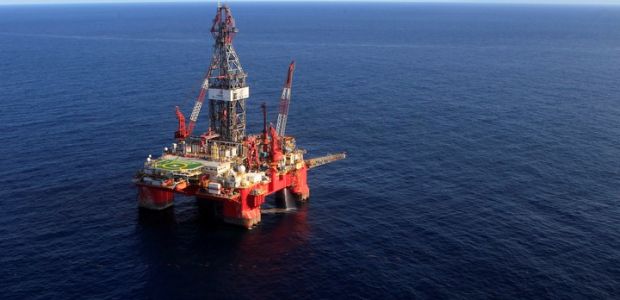Spanish petroleum firm Repsol, a member of consortiums holding licenses to three fields in Greece, is on the verge of leaving the country’s upstream market as a part of a wider strategic adjustment prompted by the oil crisis and the pandemic, developments that have impacted exploration plans, as well as a company plan to reduce its environmental footprint, sources have informed.
The upstream industry has been hit hard by the pandemic, which has driven down prices and demand. The EU’s climate-change policies are another key factor behind Repsol’s decision.
Repsol is believed to have decided to significantly reduce the number of countries in which it is currently present for hydrocarbon exploration and production, the intention being to limit operations to the more lucrative of fields.
All three fields in Repsol’s Greek portfolio are still at preliminary research stages and do not offer any production assurances, meaning they will most probably be among the first to be scrapped by the company from its list of projects.
Respol formed a partnership with Hellenic Petroleum (ELPE) for offshore exploration in the Ionian Sea. Repsol is the operator in this arrangement. A license secured by the two partners for this region in 2018 was approved in Greek Parliament a year later.
Also, in 2017, Repsol agreed to enter a partnership with Energean Oil & Gas, acquiring 60 percent stakes, and the operator’s role, for onshore blocks in Ioannina and Etoloakarnania, northwestern Greece.
Repsol maintains interests in over 40 countries, producing approximately 700,000 barrels per day.





